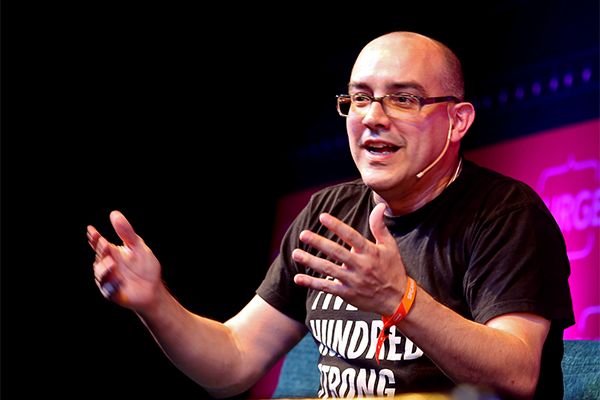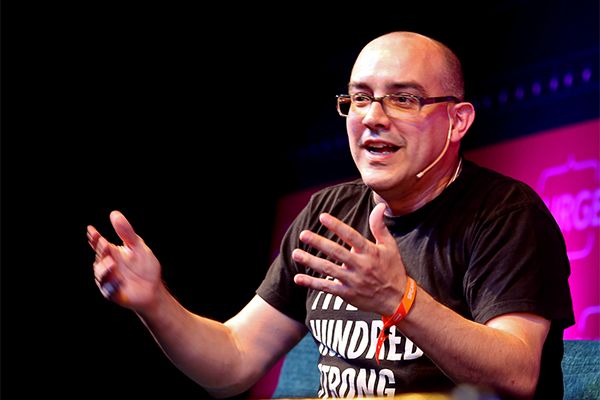
The team at 500 Startups is bullish on India, but feels that the current tax framework for early stage foreign investors, is stifling
Source: Forbes India Magazine – ‘In India, it hurts to pay 40 percent TDS on an exit’

Silicon Valley-based accelerator and early-stage venture fund 500 Startups on Tuesday announced the launch of a new regional fund which would focus on India and neighbouring markets of Sri Lanka and Bangladesh.
Christened as 500 Kulfi, over 90 percent of fund’s $25 million allocation would be used in investing in startups in India across sectors such as FinTech (financial technology), EdTech (educational technology), health and wellness, and data analytics.
“India is clearly a big priority on our radar,” said Dave McClure, founder of 500 Startups, who spoke exclusively to Forbes India. In the same breath McClure says that he would like the Indian government to provide for opportunities that make it easy for foreign investors to operate in the country.
Pankaj Jain, Partner at 500 Startups, who overlooks the company’s India operations, elaborated on what the Narendra Modi-led government needs to do make the country more welcoming to early stage venture capitalists.
Q. The Indian government launched a fairly comprehensive Startup Action Plan. What more needs to be done?
McClure: We would like to see the government take efforts to help capital formation occur in India. The government needs to make it easier for external investors to operate in India and provide for a competitive market that would give good returns to investors.
Jain: The government has taken a good first step in saying: here are things that would benefit domestic startups. They have setup some guidelines for angel investors and domestic funds. But, I’m surprised because the Prime Minister has been courting a lot of international capital at all other stages, but not at the early stage and venture capital stage. So there are certain things that I would like to see that attract early stage venture capitalists to the country.
Q. What are your main pain points at present?
Jain: Every time I invest in a company, in India, the amount of time and money they (startups) have to spend in filings with the Reserve Bank of India and the Securities and Exchange Board of India, is ridiculous. I would much rather see that they (startups) spent that time building the companies instead of chasing their chartered accountants and lawyers, in making sure that every ‘I’ is dotted and every ’T’ is crossed. It doesn’t have to be that complicated.
Then, on the exit side when I have to pay 40 percent TDS (tax deducted at source) on an exit, it hurts. In the US, we end up paying around 15 percent in capital gains or maybe even less, because your paying it at a fund level. In India, right now we are paying capital gains on a deal-by-deal basis. So there is a lot of compression in our gains because of that. Addressing this issue would be important for all foreign investors.
Q. Are there any Silicon Valley best practises that can be incorporated?
McClure: There are a lot of things to learn from the Valley. The most important one is a broad-based culture of optimism and a long-term approach to trying and build great products. I think sometimes there is a little too much of a roller-coaster sentiment going on. Perhaps, too much concern with what’s the story of the day as opposed to a long-term approach to the market. Obviously, we are going to see ups and downs in India, but we will keep investing in those periods and we will find wins along the way. India has a very young and vibrant population and I think you are seeing a lot of big companies from other parts of the world paying attention to India. Clearly, India is a big priority on our radar and it’s a big priority for other people as well.
Q. Will India ever throw-up startups that can achieve the size and scale like those from Silicon Valley?
McClure: Why do we care so much about that? How about we just worry about companies that make money. Answering your question, yes, but whether it happens in 10 or 15 years is difficult to say. In 10 years the Indian market will be the biggest — by number of potential customers. So it is just a matter of time. Honestly, I’m not too worried about who is this biggest. That is a subject which is best left for the bedroom and not for business.
